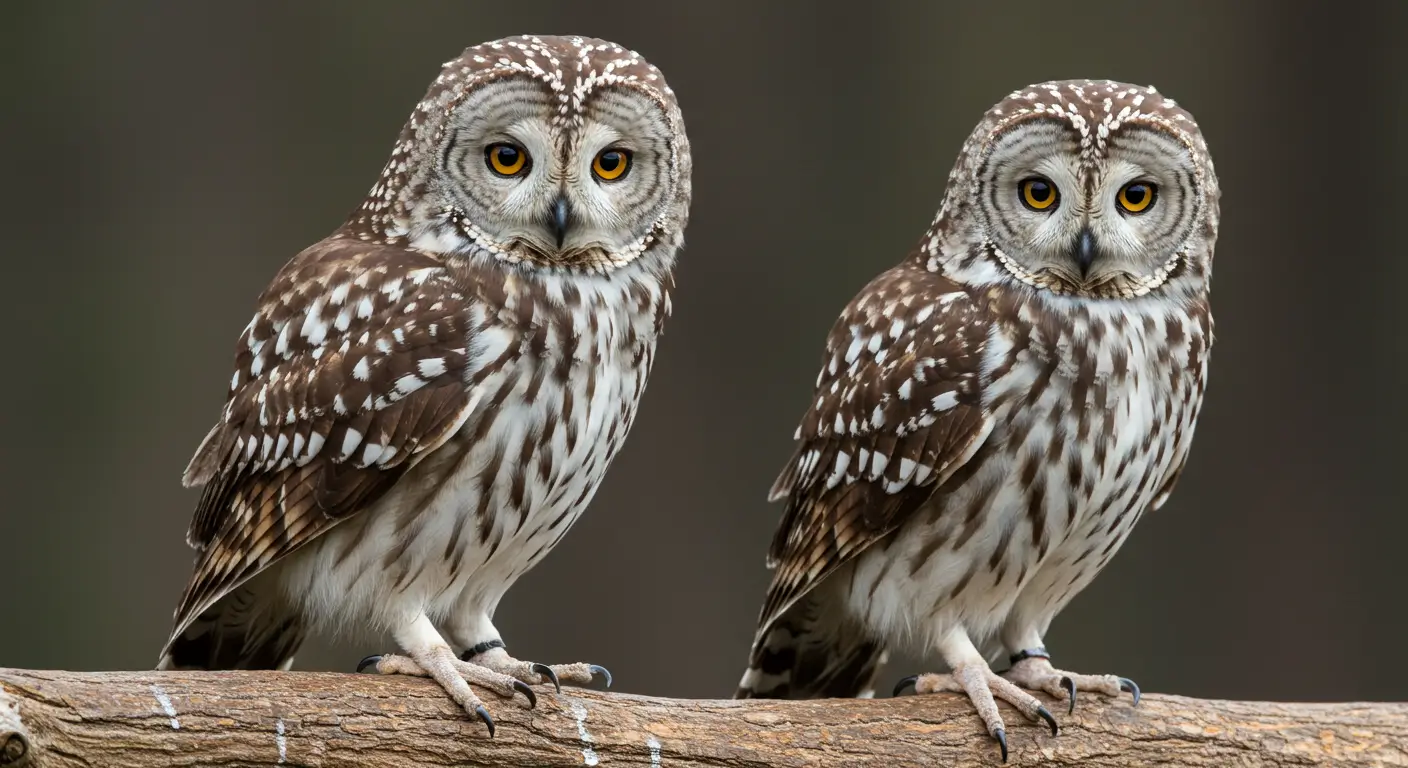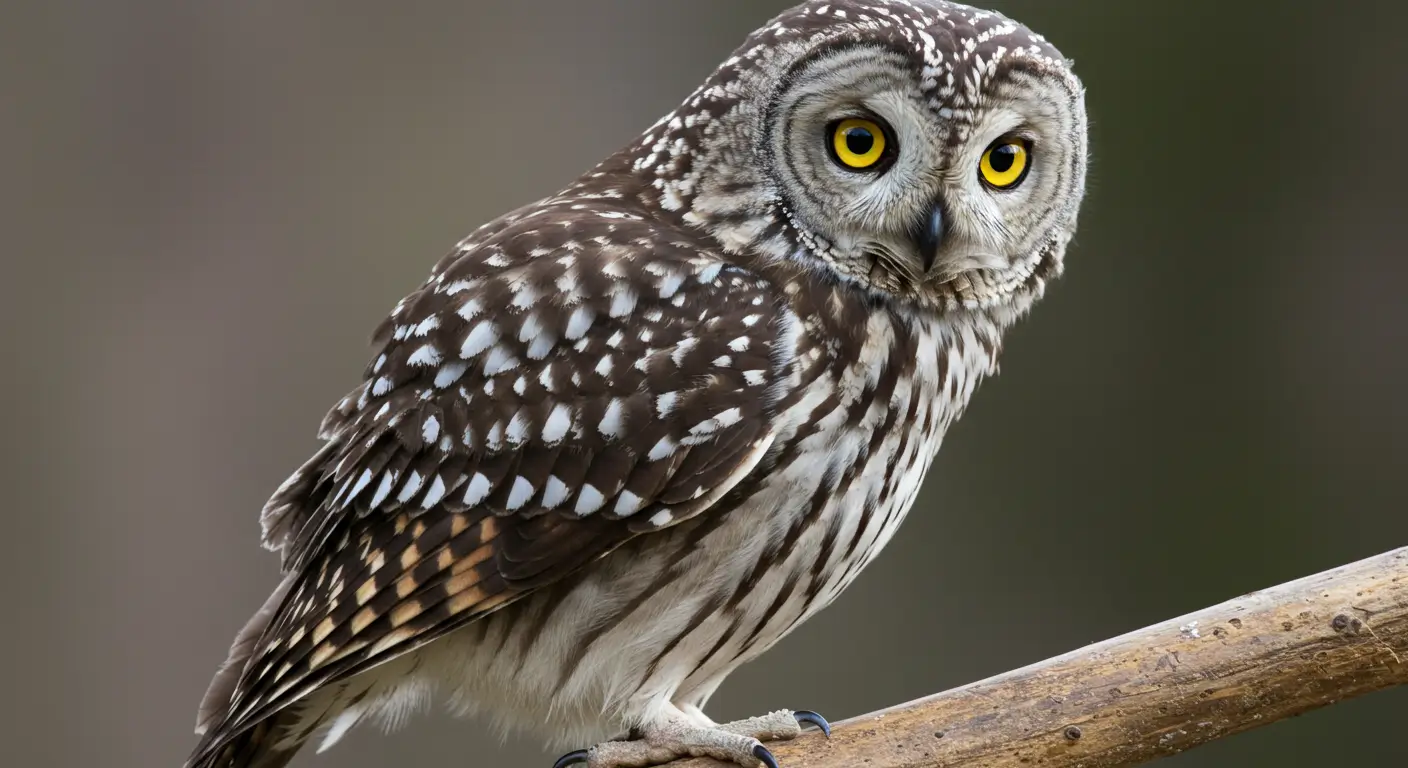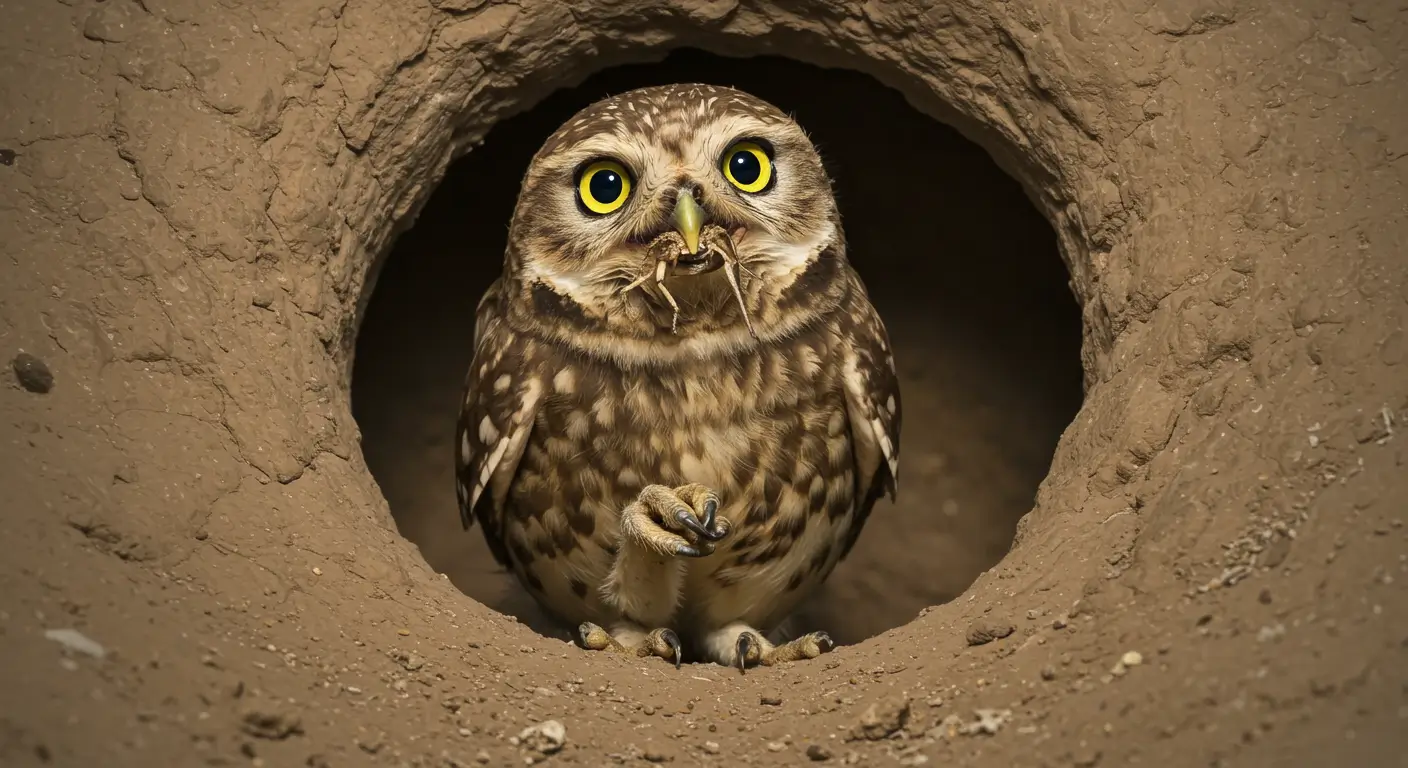No, Owls do not eat bird seed at night because of their hunting habits and difference in diet. Owls are amazing birds that hunt at night without making any sound. Many people think of owls when they think of darkness and wisdom.
While many birds eat seeds, owls eat very different foods. You’ll be explained about why owls don’t eat birdseed, what they actually eat, and how they catch their food. The owls possess a different nature than other birds which is also quite useful.
Owl’s Behavior and Diet
Owls have a unique behavior compared to other birds and this creates their distinctive position in the ecosystem.
- Owls are nocturnal predators that primarily hunt small mammals, insects, and other birds at night.
- Owls are carnivorous and do not eat bird seed as part of their diet unlike seed-eating birds.
- Their diet includes mice, voles, rats, frogs, and sometimes small reptiles which depend on availability.
- Owls rely on their excellent night vision and sharp talons to capture prey in the dark.
- Some owl species can hunt larger prey, including rabbits and skunks.
- Owls are silent hunters and use their soft feathers to fly without making noise while keeping an eye on the prey.
- Owls prefer live prey and are unlikely to eat seeds or non-meat food even in extreme conditions.
Why Don’t Owls Eat Bird Seed
Owls do not prefer to eat bird seeds because of their different eating habits. Here are some other reasons why they don’t prefer the bird’s seeds:
1. Owls Are Carnivorous Hunters
Owls are strictly carnivorous which means that their diet consists of meat rather than plants or seeds. They hunt small mammals, birds, and insects, providing the nutrients they need to survive.
2. Lack of a Digestive System for Seeds
Owls lack the specialized digestive organs needed to process and extract nutrients from seeds unlike seed-eating birds. Their sharp beaks and talons are designed for tearing meat.
3. Owls’ Diet is Protein-Based
Seeds are carbohydrate-rich, whereas owls require high protein levels found in prey animals to maintain their energy and health. This dietary need makes seeds unsuitable for owls.

4. No Attraction to Bird Feeders
Owls are nighttime predators and don’t associate bird feeders with food. They rely on their hunting instincts to locate live prey during the night.
5. Adapted for Silent Hunting
Owls are equipped with exceptional hearing and silent flight to hunt live prey. These adaptations serve no purpose for eating stationary bird seed.
6. Preference for Live Prey
Owls prefer the thrill of hunting live prey, such as mice or small birds. Seeds do not trigger their predatory instincts or interest.
7. Seeds Lack Necessary Nutrients
Bird seeds do not contain the essential nutrients like proteins and fats required to sustain an owl’s health. Owls depend on meat to meet their dietary needs.

8. Different Beak Structure
Seed-eating birds have strong and short beaks designed to crack seeds. The owls have curved and sharp beaks built for tearing flesh. This anatomical difference prevents them from eating seeds.
9. Behavioral Evolution
Owls have evolved as apex predators in their ecosystem and they focus solely on hunting prey. Eating seeds is not part of their natural behavior or survival strategy.
10. No Need for Supplemental Feeding
Owls naturally hunt and consume enough prey to meet their dietary requirements. Owls don’t need bird seed to thrive unlike smaller birds that might benefit from supplemental feeding.

How to Attract Owls to Your Backyard Without Bird Seed?
Owls can be attracted to the backyard through different ways without the use of bird’s seeds. Owls are those hunters which come out at night and look for their prey in darkness. They have exceptional abilities of hearing and making very low sounds to keep their prey unaware of attack. They prefer a protein diet and thus have carnivorous nature compared to other birds which eat bird seed and rely on carbohydrates for energy. No, owl diets vary by species. The Great Horned Owl preys on rabbits while the Eastern Screech-Owl eats insects and small rodents. Owls need a meat-based diet to survive. Their sharp talons and beaks are adapted for catching and consuming prey. Owls don’t visit bird feeders because they are not attracted to seeds. They prefer hunting live prey in their natural habitat. Most owls hunt between dusk and dawn, using their excellent night vision and hearing to locate prey in the dark. Yes, owls help control rodent populations in gardens and farms which makes them natural pest controllers.
Ways to Attract Owls
Details
Install an Owl Box
Set up a nest box or owl house at least 10-15 feet high in a quiet area
Create a Natural Habitat
Plant native trees and shrubs to provide cover and nesting spots for owls
Reduce Artificial Lighting
Dim or turn off outdoor lights at night to mimic the natural darkness
Provide a Water Source
Install a birdbath, small pond, or fountain for owls to drink and bathe
Avoid Chemical Pesticides
Use natural pest control methods to attract small mammals and insects
Maintain a Quiet Space
Minimize noise by avoiding loud activities in your backyard at night
Leave Dead Trees or Snags
Dead trees provide perching and nesting opportunities for owls
Owls are Different from Other Seed Eating Birds
FAQs
Do all owls have the same diet?
Can owls survive without meat?
Why don’t owls visit bird feeders?
What time do owls hunt?
Are owls beneficial for gardens?


